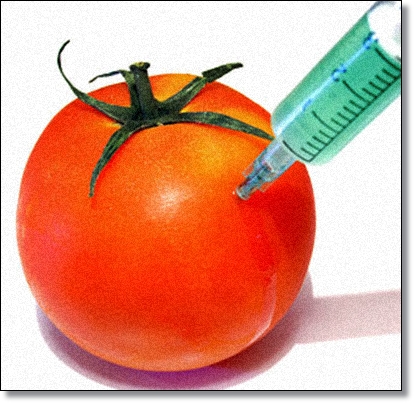Food Security: Kenya Should Embrace Biotechnology

 |
There’s every reason to hope that they will. At the launch of the Jubilee Coalition manifesto in February, Kenyatta and Ruto promised to “put food and water on every Kenyan’s table.” At his inauguration on April 9, Kenyatta reaffirmed his government will implement the manifesto in total.
This is both a tall order and a worthy goal—and one of the surest ways to achieve it is by accepting the latest advances in agricultural biotechnology, recognizing that they have become conventional practices in many countries and should become so here as well.
Everywhere farmers have had the chance, they have adopted genetically modified crops. Last year, more than 17 million farmers around the world planted more than 170 million hectares of GM crops, according to a new report from the International Service for the Acquisition of Agri-Biotech Applications.
This is an all-time high. Moreover, farmers in poor countries made it possible: For the first time, developing nations accounted for more than half of the world’s GM crop plantings.
Unfortunately, as much as Kenyan farmers have hailed the Green Revolution of the 20th century, they have not yet participated in this Gene Revolution of the 21st century.
Our scientists have made strides toward developing biotech crops that would flourish in our soil and climate, but a toxic mix of scientific illiteracy and political pressure has prevented the commercialization of these promising plants. To make matters worse, the previous government banned the importation of GM foods into Kenya and ordered the Ministry of Public Health and Sanitation to remove all GM foods from the shelves of grocery stores.
This tragic decision came last November, in the wake of a controversial French study that claimed to find a connection between GM food and tumors in rats. The results were immediately widely debunked by renowned scientists from around the world. Yet the political activists whose personal ideology opposes agricultural biotechnology—many of them wealthy Europeans who don’t have to wonder about their next meal—managed to smear a vital tool for fighting hunger.
Kenyatta’s cabinet, guided by Agriculture Secretary nominee Kosgey cannot move swiftly enough to overturn the previous government’s misbegotten ban on GM food. It may be the single most significant step they can take to improve our nation’s food security.
They should accept what respected organizations ranging from the American Association for the Advancement of Science and Britain’s Royal Society have said for a long time: GM food is safe to grow and eat. We have nothing to fear from it—and so much to gain.
Sub-Saharan Africa lags the world in food production. While farmers in countries such as Argentina, Brazil, Canada, and the United States have jumped at the chance to take advantage of high-yielding GM crops, farmers in Kenya and its neighbors have been relegated to the sidelines.
Last year, Sudan became only the fourth African country to permit the planting of GM crops, following the leads of Burkina Faso, Egypt, and South Africa.
The boost in farm productivity alone is enough to justify Kenya’s adoption of crop biotechnology, because it would help us feed a growing population. But the benefits would not stop there. Improved access to GM seeds would create jobs by supplying the raw materials for our textile industries. Everyone would benefit.
It would be great to see Kenya join the global biotech movement. Even better, though, would be to watch a truly forward-looking Kenya not merely join, but lead.
Kenyatta and Kosgey should refuse to let our continent continue to fall behind the rest of the world. With the proper leadership, they can show Africa the way to a better tomorrow—and a future in which we enjoy true food security.
Gilbert Arap Bor grows corn (maize), vegetables and dairy cows on a small-scale farm of 25 acres in Kapseret, near Eldoret, Kenya. He also teaches at the Catholic University of Eastern Africa, Eldoret campus. Mr. Bor is the 2011 Kleckner Trade & Technology Advancement Award recipient and a member of the Truth About Trade & Technology Global Farmer Network.
By Gilbert Arap Bor
Kapseret, Kenya
Courtesy Truth About Trade & Technology
